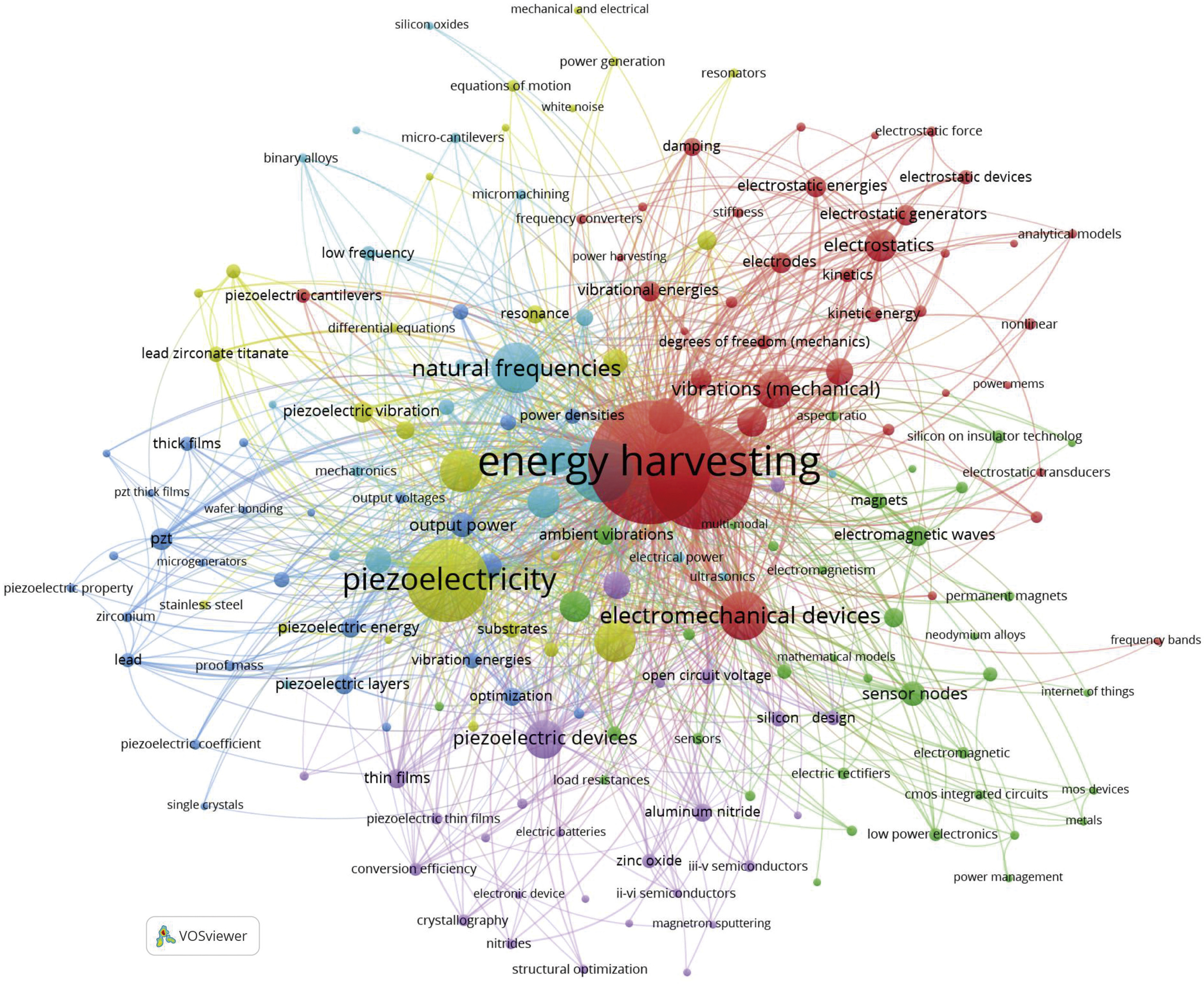This chapter advances the UN SDG goal 3 and 17 in understanding Alzheimer's disease at the cellular level
This chapter advances the UN SDG goal 3 and 17 in exploring the link between metabolites of shikimate pathway and Alzheimer disease
The National Biogas Policy of Ethiopia introduces plans for the implementation of biogas technologies in rural areas. However, rural households' decision to adopt biogas energy technology has been influenced by different socio-economic and institutional factors. This research was therefore undertaken to determine the actual energy consumption status and factors impacting the adoption of biogas technology by rural households in northwestern Ethiopia. Primary data from 182 randomly chosen households and 15 key informants were obtained.
Our carbon-intensive economy has led to an average temperature rise of 1 °C since pre-industrial times. As a consequence, the world has seen increasing droughts, significant shrinking of the polar ice caps, and steady sea-level rise. To stall these issues’ worsening further, we must limit global warming to 1.5 °C. In addition to the economy's decarbonization, this endeavour requires the use of negative-emissions technologies (NETs) that remove the main greenhouse gas, carbon dioxide, from the atmosphere.
Global warming has been affecting animal husbandry and farming production worldwide via changes in organisms and their habitats. In the tropics, these conditions are adverse for agriculture and animal production in some areas, due to high temperatures and relative humidity, affecting competitiveness related to economic activities. These environments have deteriorated livestock production, due to periods of drought, reduction in forage quality and heat stress, eliciting negative effects on reproduction, weight gain, and reduced meat and milk production.
Micro Electro Mechanical System (MEMS) energy harvester's research interests have been increasing rapidly, indicating that the topic has given significant contributions to the sustainable development of energy alternatives. Although many research activities have been conducted and reported since several years ago, only limited efforts have been made to analyze the research's impact in this area. In this paper, we report a bibliometric analysis on the research progress in MEMS for energy harvester.
Vehicle driving patterns greatly impact the sustainability of the transportation system. Based on V2X communication, the ecological cooperative adaptive cruise control (Eco-CACC) is proposed combing the advantages of eco-driving and car-following to minimize the energy consumption of the connected automated vehicles platoon. Herein, the vehicle platoon behavior in the scenario of driving through a signalized intersection exhibits great benefits for sustainability which is even improved along corridors with more traffic lights.
Fatty alcohols (FAs) have been widely studied as typical phase-change materials for their high latent heat, low undercooling, non-toxicity, and low cost in thermal energy storage applications. The thermal properties, especially the heat capacity, play a vital role in designing-related energy storage techniques. However, there are few studies on the thermal properties of FAs systematically investigated in a wide temperature region, which greatly limit their application in thermal energy storage field.
With the growing global environmental awareness, the development of renewable and green materials has gained increased worldwide interest. Being at the heart of current scientific research studies, renewable polymers, include natural, semisynthetic, and microbial polymers, have a scope in vast diverse applications in packaging, agriculture, medicine, and optoelectronic technological fields.

